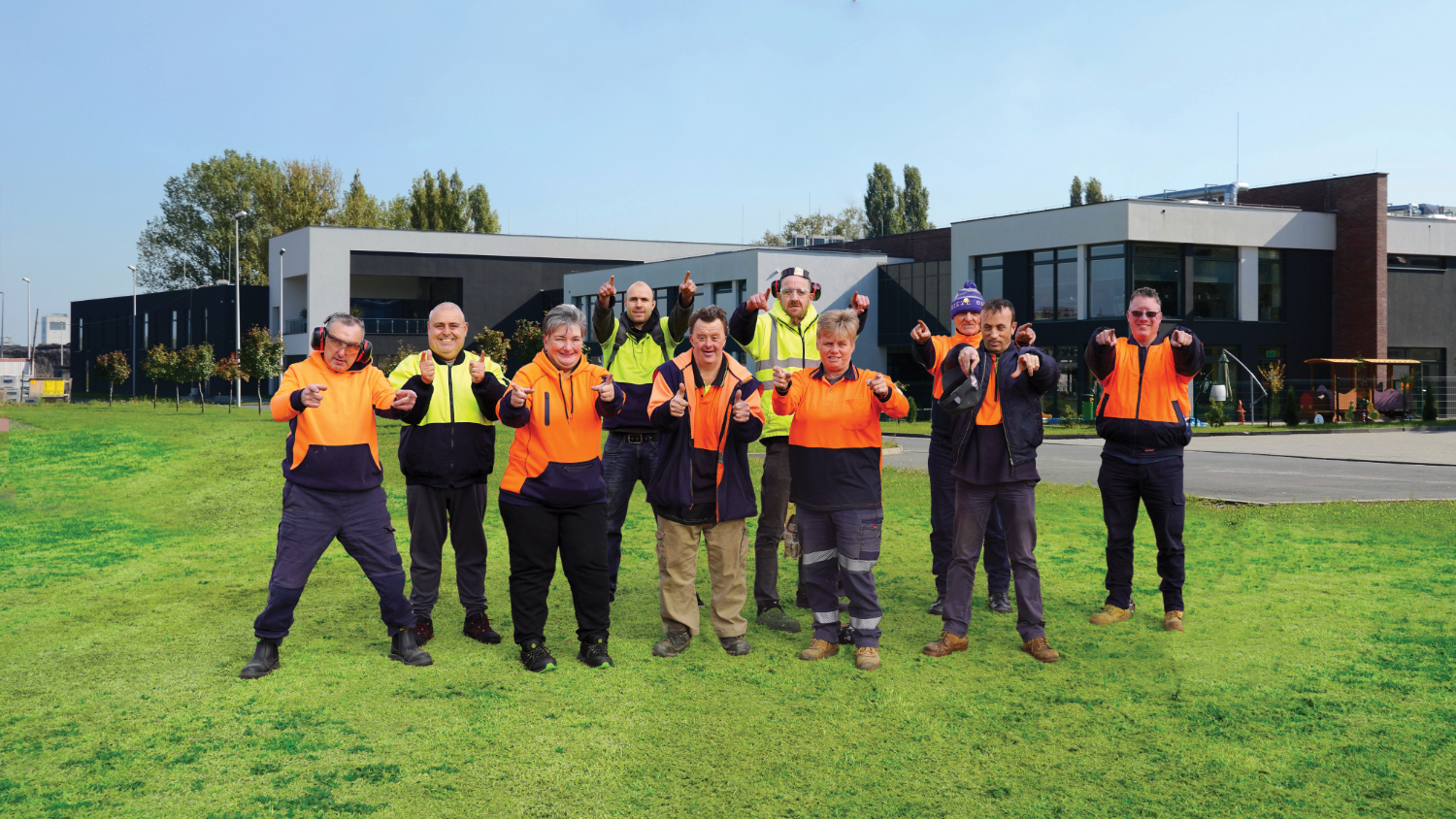Are you eligible for Specialist Disability Accommodation (SDA)?
.jpg)
Currently only about 6% of NDIS participants are eligible to receive SDA supports! There are many steps involved in applying for SDA funding, so it’s important to understand the eligibility criteria and what evidence is needed to successfully gain funding. In this blog post, we are going to demystify the SDA application process so you can be better prepared for your own SDA application.
Eligibility Criteria
- NDIA states you must have high support needs and/or an extreme functional impairment
- SDA must be the most suitable housing option to support you daily living needs and long-term support goals, as compared to other accommodation streams like private rental, social housing, the family home or Supported Residential Services.
Applying for SDA Funding
When assessing eligibility, the NDIA will consider the supports you currently have in place and how they would work with SDA. In some instances, SDA may not be a ‘reasonable and necessary’ support but additional funding maybe needed in other funding areas. If this is the case, your NDIS planner should discuss this with you and suggest alternative solutions.
To start the SDA application process, you will need to have a housing goal in your NDIS plan. Your Support Coordinator can support you to update your goals with the NDIA which will trigger the plan review process.
In addition to this, you will first be asked to fill in a Home & Living Supports Request Form, linked here. Your Support Coordinator can also help you with this process.
What type of questions are in the Home & Living Support Request Form?
It is an extensive form with many questions, some of which include:
- Reason for SDA funding request
- Current living arrangements
- Housing and support goals
- What housing and living supports will best help you to meet your goals
- Your current housing and living situation
- How you manage tasks
- Your health care needs
- Assessments and reports
- Assistive technology and home modification
You will need to provide supporting documents in addition to the Home & Living Supports Request Form. This will help prove to the NDIA why you require SDA funding. Any allied health therapist can submit documents to support your application but a SDA Housing Assessment must be completed by an Occupational Therapist (OT). You will not be considered for SDA without a housing report from an occupational therapist.
An SDA Housing Report completed by an OT will detail your daily support needs, address the SDA eligibility criteria and recommend a suitable SDA configuration.
Please note that this report generally requires 20 hours of work from an OT. If you don’t have enough funding in your NDIS budget to cover this, you can speak to your Support Coordinator and NDIS Planner about having this funded appropriately.
What happens after you complete the Home & Living Support Request Form?
The NDIA will review your application/supporting documentation and make a decision on your eligibility for SDA. You will be advised by mail on the outcome, and generally your Support Coordinator will receive confirmation too, provided you’ve given consent.
Once approved, you can reach out to InPlace Living to discuss your options, be it existing stock or future projects. We would love to hear from you!
And even if you didn’t get the outcome you were after, the team at InPlace Living are here to discuss other solutions with you.
Additional information on SDA and the eligibility criteria can be found on our resources page.

Other blog posts
Are You Ready to get your SDA InPlace?
Enquire Now


